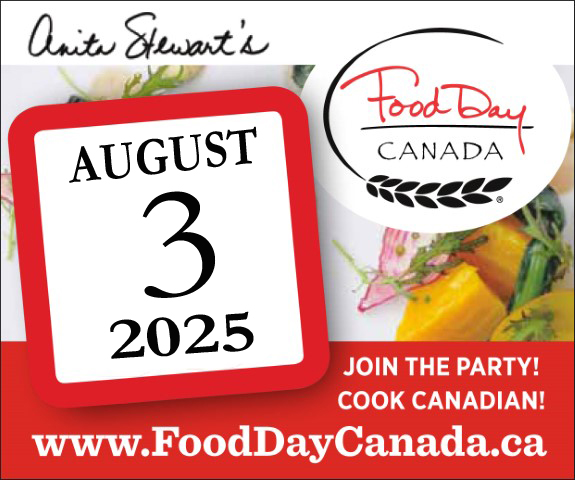This is a reissue, in hardback, of Northern Irish food writer Diana Henry’s first cookbook, initially published in 2002. That paperback edition has remained a treasured part of my cookbook collection for more than twenty years, not because I cook from it often, but because it is such a pleasure to read.
Diana Henry was the food columnist for the Sunday Telegraph newspaper when she penned Crazy Water, Pickled Lemons. It was shortlisted for a Glenfiddich Award, one of many accolades Henry has since received. She has authored eleven more books and remains a prominent voice in British culinary journalism, most recently chronicling a battle with several life-threatening diseases.
Henry is an unabashed sensualist who confesses to snacking on anchovies straight from the tin while watching TV and who is captivated by the poetic power of food. Certain ingredients and dishes, she discovered in her early twenties, evoke “the magic of the exotic” and to allowed her to “travel while standing still.” She was drawn to Mediterranean dishes, many stamped with Arab or Persian influence, that are aromatic, perfumed, sweet-and-sour, or otherwise out of the ordinary — “food that is marked with the decorativeness of the culture from which it comes.”
It is impossible not to be transported by Henry’s elegant prose. Bees are “the coolest dressers in the insect world.” Purple figs are “the colour and texture of teenage love-bites.” Of cardamom she writes: “…dishes it flavours seem like a ghost has walked through them.” Of pomegranates: “…with their leathery skin and regal little calyxes, they look like something the Magi would have given – or worn on his head.” Of flower waters: “Your nose can follow them like your eyes would follow a piece of silk as it darts through a network of alleyways. When you taste them, the flavour still eludes you, as if you are eating a piece of a place that might not exist.”
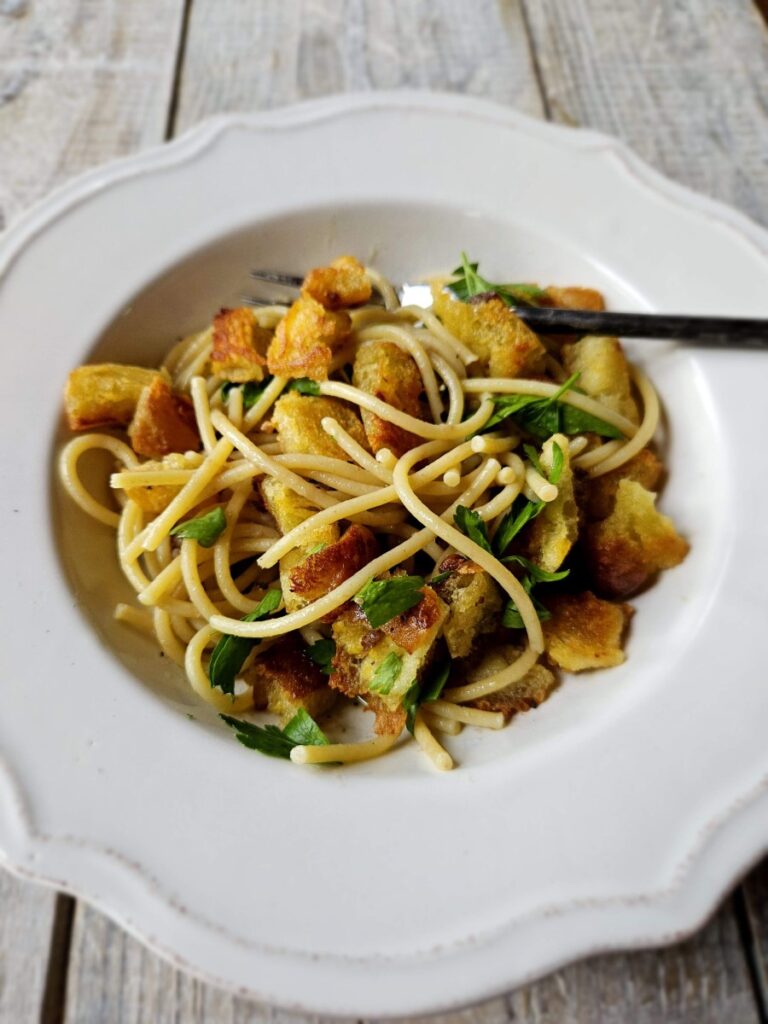
I started cooking with Pasta with Anchovies and Breadcrumbs, a tangle of spaghetti tossed with garlicky olive oil, anchovies and chunks of fried bread. It is one of the simplest recipes in the book and so lip-smackingly moreish it barely made it to the dinner table. A cook’s taste became two, then three… There is no indication of how many people the recipe serves (a pound of pasta is enough for four) and the “crumbs” would be better described as “croutons” but the recipe is a definite keeper.
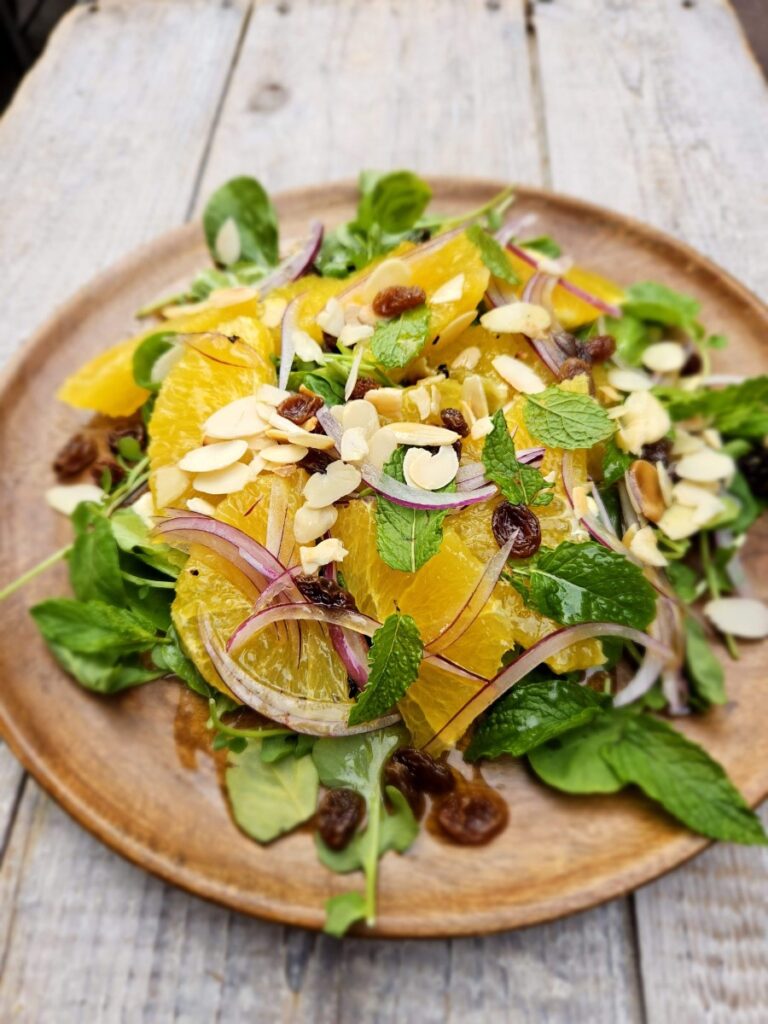
Andalusian Orange Salad is a lovely, simple-yet-sophisticated salad that would pair beautifully with any kind of protein and could stand on its own as a first course. The composition of sliced oranges that have been marinated in honey and sherry vinegar; flaked almonds, slivers of red onion and raisins that have been plumped in sherry and sherry vinegar, on a base of watercress, is vibrant in both colour and taste. The leaves are coated in a vinaigrette made from the plumping liquids, a tangy foil to the sweet fruit and peppery greens.
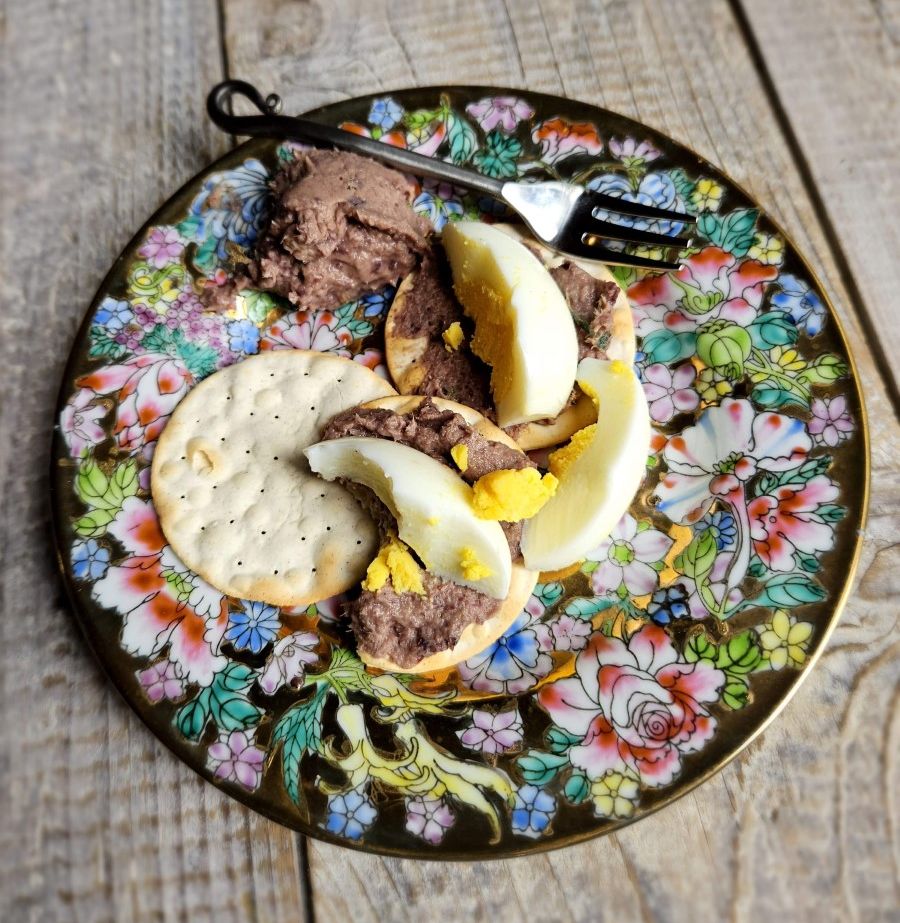
Tuna Tapenade is another keeper. Henry adds a tin of tuna to the classic Provençal spread of capers, olives and anchovies, which tames the salty intensity of the tapenade and adds another dimension of flavour. There’s a splash of brandy in there too, which doesn’t hurt.
I harvested a sub recipe for tomatoes from Bulgar and Spinach Pilaf with Labneh and Chilli Roast Tomatoes. Plum tomatoes are tossed with olive oil, balsamic vinegar, harissa and brown sugar then slowly roasted in the oven until they are soft and jammy. They keep well and I found them very versatile, with a sweet, acid, chilli kick that gave salads and even the plainest of mains a touch sophistication. They are also delicious on toast!
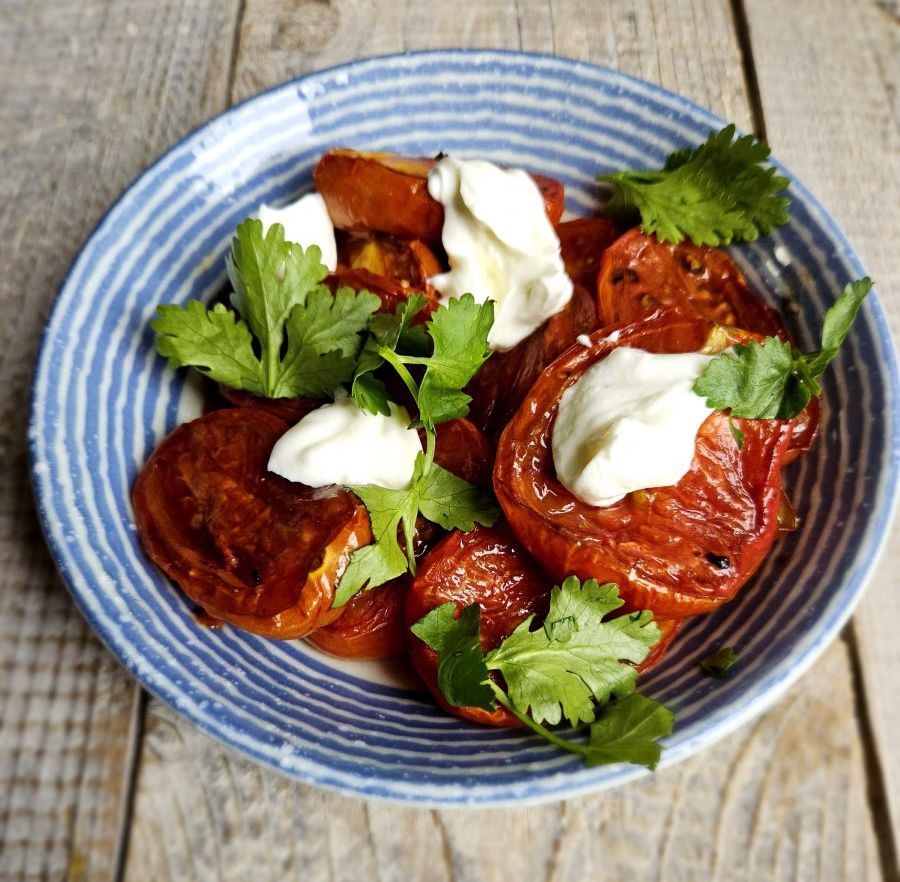
Ottoman Lamb with Sultan’s Pleasure is the most complex recipe I tackled and ironically, was one of the least impressive. The delightfully named Pleasure is a puree of roasted eggplant mixed into a white sauce flavoured with feta and parmesan cheese. With its bland taste and smooth, soft texture, it reminded me of baby food. (Perhaps the Sultan had no teeth?) The roast lamb served alongside was palatable but not sufficiently tasty to elevate the dish.
Baked Sweet Potatoes with Marinated Feta and Black Olives bounced right back into bold flavour territory. The intense, salty stuffing of spiced feta and black olives provides welcome contrast to the soft sweetness of the potatoes, and a shower of cilantro is a sprightly garnish. The dish is substantial enough for a vegetarian main course and can be made with pumpkin if preferred.
Henry describes Middle Eastern Orange Cake with Marmalade and Orange Flower Cream as “pure magic” and I concur. It gets its flavour from an orange that’s boiled for an hour, then pureed, skin and all, before being mixed into a batter made with almonds and a little flour. The cake, which has a moist, almost fudgy crumb and deeply orange-y taste, was first introduced by Claudia Roden, who says she was given the recipe in the 1960s. (It seems to be having a renaissance and there are plenty of recipes for the cake on the internet). Roden’s recipe doesn’t include flour, so it can also be gluten-free if desired. Henry’s addition of a cream perfumed with marmalade and orange flower water takes an already superb cake to an even higher plane.
It was the description of Rhone Ferryman’s Beef, that made me want to cook it. Henry writes: “Dating from the 1940s, le Vaccarès was an Arles institution. Eating there, among the dark wooden furniture and leather club chairs, one entered a different age. Their brouffado breathes of the past. You can imagine Hemingway, who used to hang out in Arles when he visited for the bullfighting, enjoying such a pungent, macho dish.”
Brouffado is a Provençal dish. In Henry’s adaptation a joint of beef, marinated in a fragrant bath of olive oil, balsamic, pepper, bay, thyme, cloves and orange rind, is slow cooked with capers, onion and garlic. It is sliced, then anointed with a sauce of anchovies pureed with the cooking juices from the meat. Finally, it is garnished with chopped gherkins and parsley. Macho indeed! And vraiment delicieuse!
I haven’t yet seen the new hardback edition of Crazy Water, Pickled Lemons but I hope the Index has been revised. In the 2002 original it is annoyingly haphazard. Tuna Tapenade is listed under Eggs and there is no individual listing for Tuna or Tapenade. There are several recipes for pesto in the text but again no Pesto in the index. You’ll have to look for Spaghetti under P for Pasta and good luck finding Flower Scented Truffles – they’re under V for Violet. A minor quibble perhaps but irksome nonetheless!
“The only prerequisite, in putting this book together, was that every dish had a kind of magic,” Henry explains in her Introduction. Some may find Crazy Water, Pickled Lemons more whimsical than practical but the recipes are well written and all that I tried turned out exactly as promised. We are not likely to be dining on Catalan Salt Cod, Spiced Quinces or Stuffed Figs Dipped in Chocolate every night of the week, but in Crazy Water, Pickled Lemons Henry has penned a magic carpet and when the mood for reverie is upon us and the appetite takes flight, a platter of Pearl Diver’s Rice or a bowl of Ice in Heaven might be just what we need.


